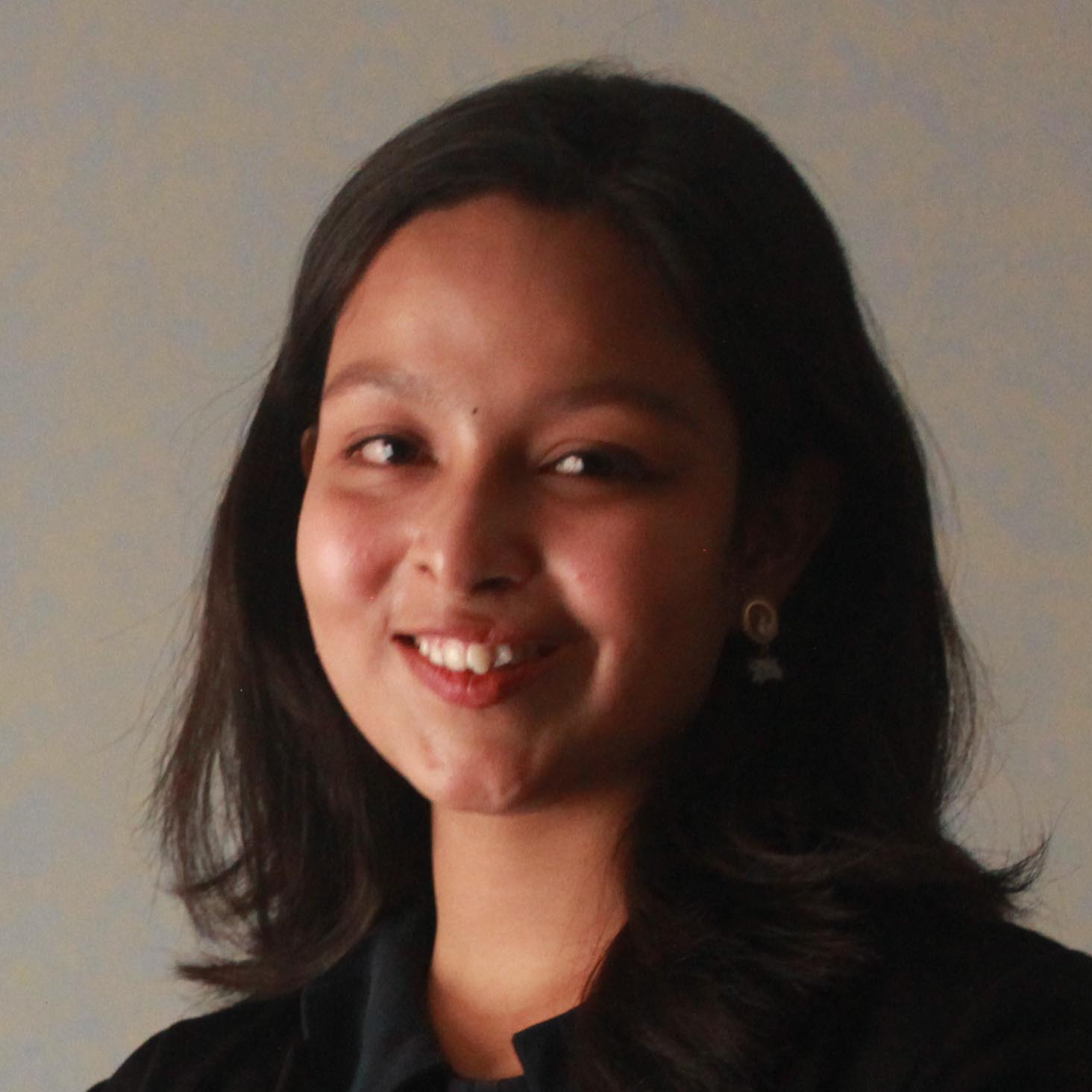Books
Books helped me understand how patriarchy under capitalism shapes society
Trishagni Sakya, the executive director at Kathmandu Guest House (KGH) group, discusses how reading has changed her perspective of the world.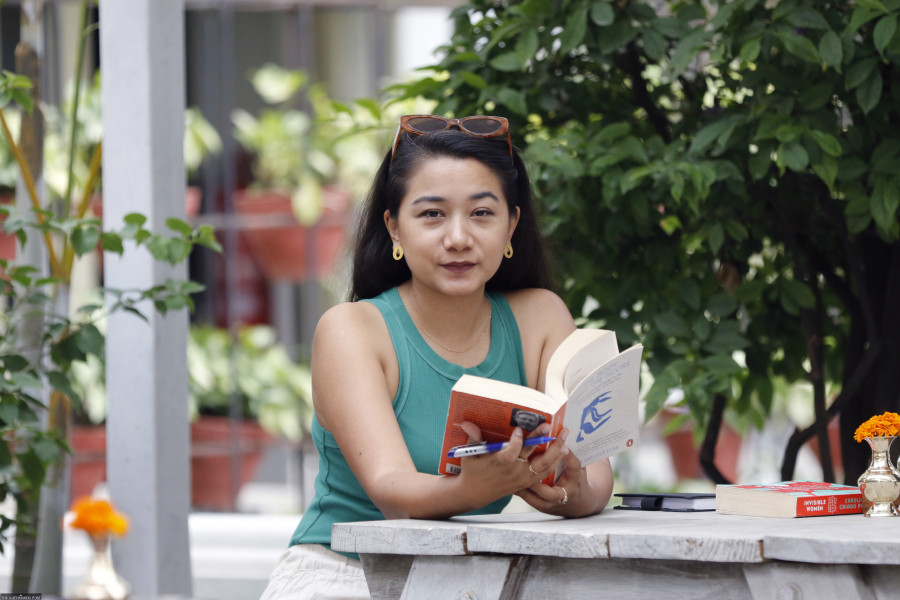
Rose Singh
You might've seen Trishagni Sakya's videos on TikTok. On the site, she makes fun lighthearted content that fits the millennial wave. But her actual job has overseeing three out of the seven KGH properties. She is also an avid reader.
In this interview with Post’s Rose Singh, Sakya discusses the role reading plays in her otherwise corporate lifestyle.
When and how did you start reading?
The first book that impacted me as a child was ‘Gone With The Wind’. It was the book that dealt with a woman’s perspective, which laid the groundwork for my future interests in understanding women’s struggles. As the book described the female character’s journey through oppression, war, and her adaptation mechanism, I realised the diverse nuances of a woman’s life.
Once I got a taste of reading, I began discovering other popular genres such as fantasy and yes, I did read Harry Potter—guilty as charged. My university allowed for very little reading time for any book that wasn’t on the prescribed reading list. Now, my reading leans more heavily towards the non-fiction genre.
What kind of books do you enjoy reading?
The book I pick up depends on where I am and what I am doing. If I am travelling, I will undoubtedly pick up a book about the history and culture of the place I am travelling to. Recently on my work trip to Vietnam, I came across Vietnamese historical texts that gave me an insight into the rich cultural history of the nation.
Other than that, I prefer non-fiction books leaning towards psychology and texts that help me understand the hidden undertones of society from a feminist lens. For instance, I love reading books like ‘Invisible Women’ that unveil how our society is designed against women.
What I dislike in terms of genre is reading sci-fi books because I find it difficult to connect with the descriptions in them.
Are there any genres of books you wish to delve into more?
The books I pick up due to their critical analysis angle are great at providing insights I would otherwise have missed out on. However, I can’t relate them to the context of Nepal.
I don’t think there are books on gender and feminism that cover the Nepali perspective on it. I can’t do much with the washed-up Western context of feminism because the situation isn’t the same in Nepal. I find it essential to read experts who critically dismantle the prejudice hierarchies, and I wish there were more Nepali texts doing that for me.
What books have had a big impact on you?
Two books that have shaped how I see the world are ‘Invisible Women’ by Caroline Criado-Perez and ‘Caste’ by Isabel Wilkerson. They use paradigms to reveal aspects of oppression we wouldn’t pay attention to or lack the vocabulary to express.
They bring forth interesting concepts that exemplify this—like how cars aren’t designed with the female driver’s perspective, the pension system that doesn’t regard the part-time work that child-rearing mothers have to do, and how many technological researchers lack a female perspective during their R&D procedures.
I use this knowledge not just in my work but also to see the patterns in which my workspace structurally affects me. They have helped me gain the vocabulary to describe my experiences. I do not read for my work, but understanding how my identity as a woman comes in relation to the larger system of patriarchy under capitalism helps me develop better approaches to dealing with challenges.
As someone who works in management and economics, some would say your work doesn’t involve reading a lot. Why do you read?
With an educational background in economics and my work in the management sector, I can say that I do not read for my job. However, the knowledge I acquire from the books I read seeps into my work.
How does reading help you with your work?
Before Covid-19 hit the world, our company had many clients from China. This prompted me to read more about Chinese history and culture to get a better understanding of what to deliver to our Chinese clientele. I learned quite a bit about the nation and the lifestyle there through the works of some prominent Chinese writers, including Deng Chao Ping’s writings. That was also good for the company as we could understand our clients and their needs and deliver accordingly.
Also, as I have a background in economics and read a lot of texts on the subject, I see how important financial literacy is for women. It becomes imperative for women to develop extra discipline when it comes to finances. The financial systems are designed in a complicated manner which is difficult for women to navigate, caused by and leading to a lack of agency that women have. There are little to no tools for women to gain knowledge, even for their day-to-day finances. I found a startup with one of my friends to impart financial literacy to women. That was only possible because of the knowledge I gained from books.
Owing to the growing decline in attention span caused by social media, how would you say millennials and gen Z have adapted to reading?
I largely prefer physical books to electronic ones to evidence my reading progress physically. As a person who makes short videos for TikTok, I understand how it disincentivises people from reading large texts due to the knowledge flowing in 60-second videos. The sage wisdom would say reading books offer important life skills such as consistency, perseverance and patience.
The videos that we watch are short and informative, but they still lack the in-depth analysis of ideas that is possible only when one has read a longer text that has been to the depths of the issue. In a way, reading is a way to fight against the declining attention span. And you never know how, in an interesting turn of events, you’d know more about a topic instead of just thinking you know about the topic.
With how busy you are, how do you find the time to read?
I’ll be honest, it’s difficult to maintain personal and professional commitments along with ensuring my reading time. Usually, I allocate early mornings and late nights to reading. However, what I realised was you need a community to discuss ideas and make reading a fun activity.
So I joined The Kathmandu Book Club, where I found a community of people who reignited and sustained my love for reading and discussing books. Every month, we assort books according to genres and discuss complex texts that have prompted my intellectual growth. The club creates a safe space for conversations that would otherwise be unsafe to have. It was in this non-echo-chamber space that I found activity in reading.
I would suggest people form such reading communities to sit and discuss long texts and see how the same text can mean so many different things to people coming from varied life experiences.
Books I recommend
Pachinko
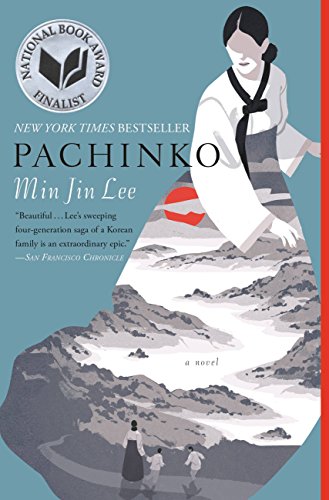
Author: Min Jin Lee
Year: 2017
Publisher: Hachette Book Group
From Third World To First
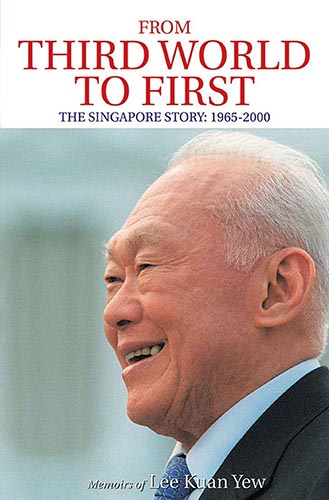
Author: Lee Kuan Yew, Henry Kissinger
Year: 2000
Publisher: Harper Collins Publishers
Born a Crime: Stories From a South African Childhood
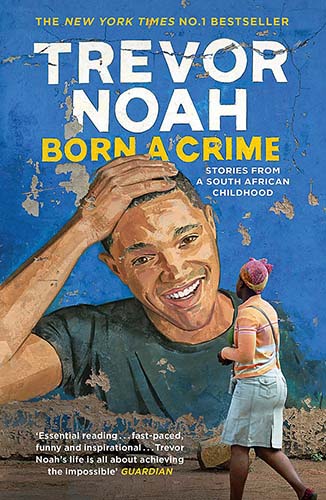
Author: Trevor Noah
Year: 2016
Publisher: Spiegel & Grau
A Room of One’s Own
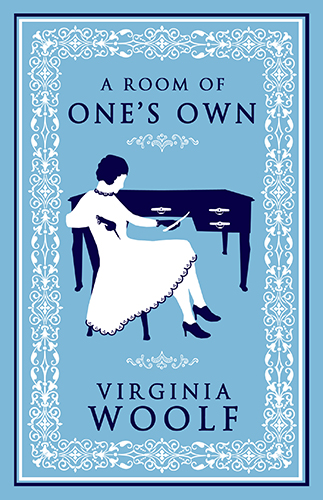
Author: Virginia Woolf
Year: 1929
Publisher: Hogarth Press
Gun, Germs, and Steel: The Fates of Human Societies
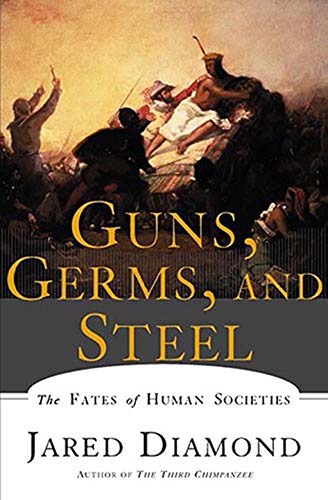
Author: Jared Diamond
Year: 1997
Publisher: WW Norton & Company
Invisible Women: Exposing Data Bias in a World Designed for Men
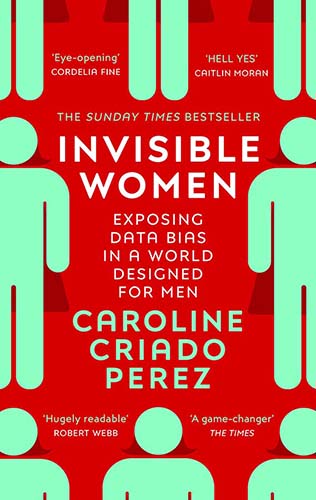
Author: Caroline Criado Perez
Year: 2019
Publisher: Abrams Press
Caste: The Origins of Our Discontents
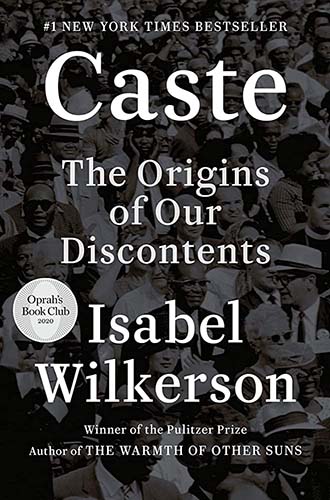
Author: Isabel Wilkerson
Year: 2020
Publisher: Random House




 18.95°C Kathmandu
18.95°C Kathmandu